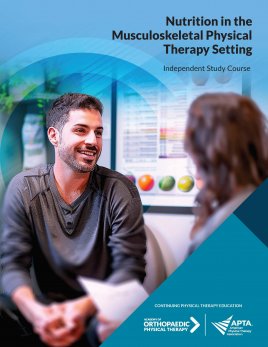
Nutrition in the Musculoskeletal Physical Therapy Setting
| Online Only | Online + Hard Copy | |
|---|---|---|
| APTA Orthopedics Member | $115 | $140 |
| Non-APTA Orthopedics Member | $265 | $290 |
Related Courses
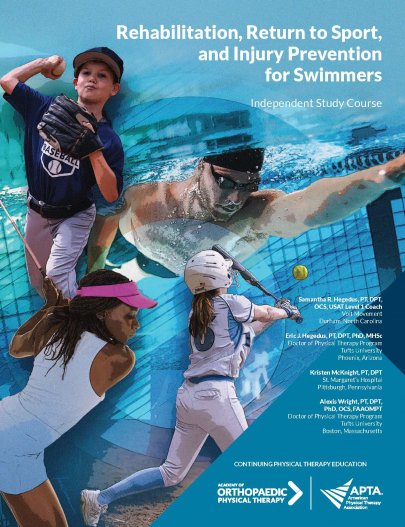

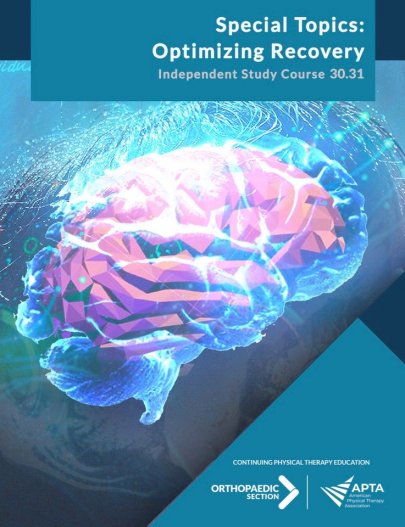
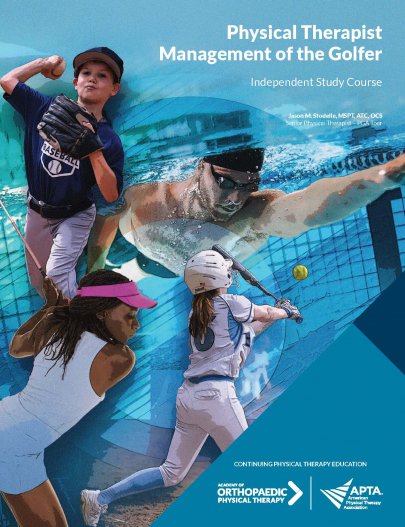
Cancellation Policy / Refund Policy
Due to the automation of our learning management system allowing you instant access to the online content and the immediate order placement for a plus print product, there are no refunds after an order is placed.
Course Description
This course provides participants the opportunity to engage with wide-ranging clinically useful material related to diet and nutrition in physical therapy practice. Lifestyle variables, including diet and nutrition, play a substantial role on the health and well-being of individuals. This is especially the case for those in pain, recovering from an injury, or trying to perform at their best physical level possible. Leveraging our ability to educate patients and clients on diet and nutrition can have a dramatic impact on their quality of life. The material from this course is comprehensive, practical, and applicable not only to our practice, but to our own lives!
Course Overview
Course Format: Online with an option to purchase the print version
Contact Hours: 15 contact hours
State Approval: AOPT courses are accepted in all states plus the District of Columbia, as allowed by the type of course requirements in state regulations. A small number of states require APTA to seek pre-approval of courses. The approval codes for these states can be found here. Always check with your State Licensing Board to confirm contact hours offered.
View Full State Approval InformationCourse Objectives
- Discuss contemporary evidence related to nutrition and well-being, including the implications of poor nutrition on physical therapy patient outcomes.
- Apply pain neuroscience concepts to the education of patients regarding their dietary and nutritional status.
- Recognize foods that play helpful and harmful roles in the rehabilitation of physical therapy clients.
- Understand the impact of nutritional deficiencies on injury recovery and physical performance.
- Appraise a client’s readiness to change and provide appropriate interdisciplinary resources accordingly to optimize their nutritional status.
Topics and Authors
- Nutrition in Physical Therapy Practice
Susan Brady, MPT; Carey White, DPT, OCS, CDN - Nutrition and Persistent Pain
Holly Jonely, PT, ScD, FAAOMPT, AT-ret.; Ashley Jarvis, MS, RDN, LDN - Nutrition for Sport and Activity Performance, Recovery, and Injury Rehabilitation
Rachel Cutts, PT, RD, ATC; Taylor Call, RD
Customers Frequently Viewed

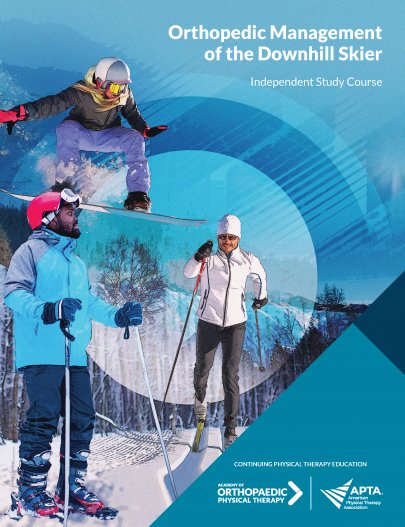
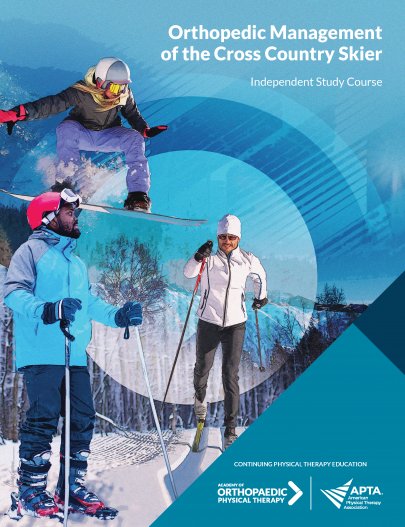
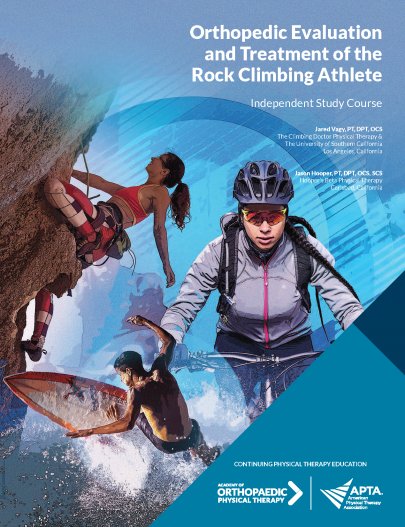
Add To Cart
Which version of the course would you like to purchase?
Members Only
You need to be a member to buy this course.
Join today to enjoy exclusive deals and prices on all courses.
Join Now